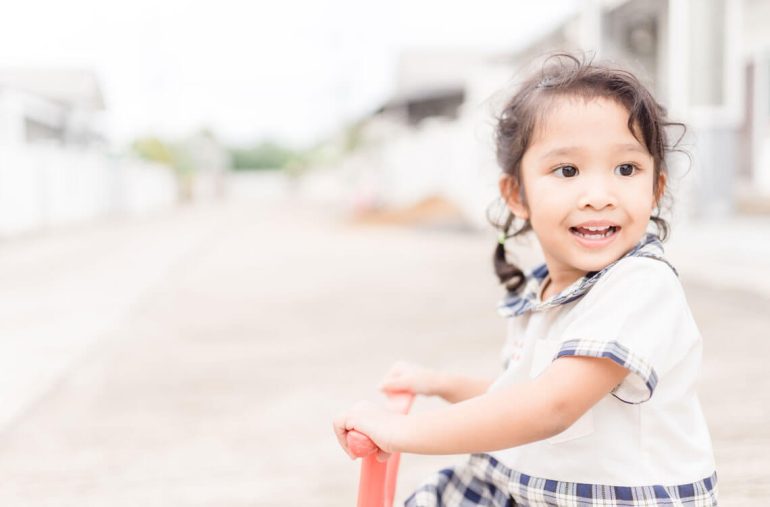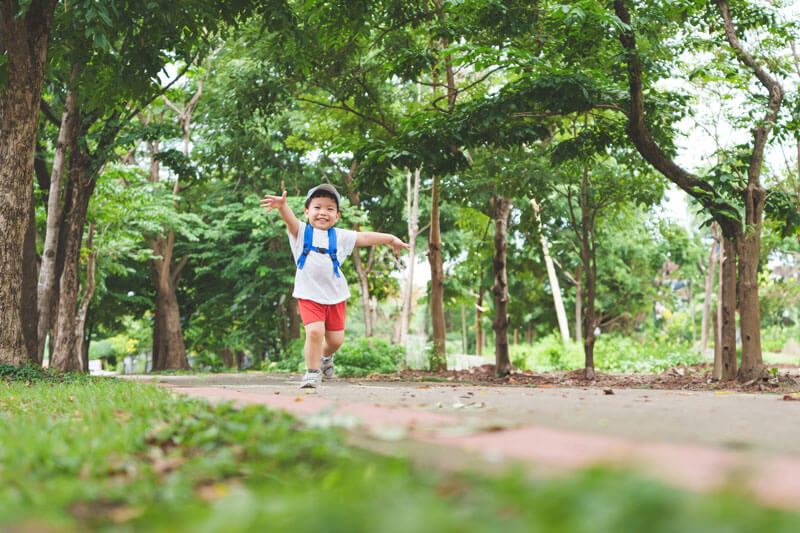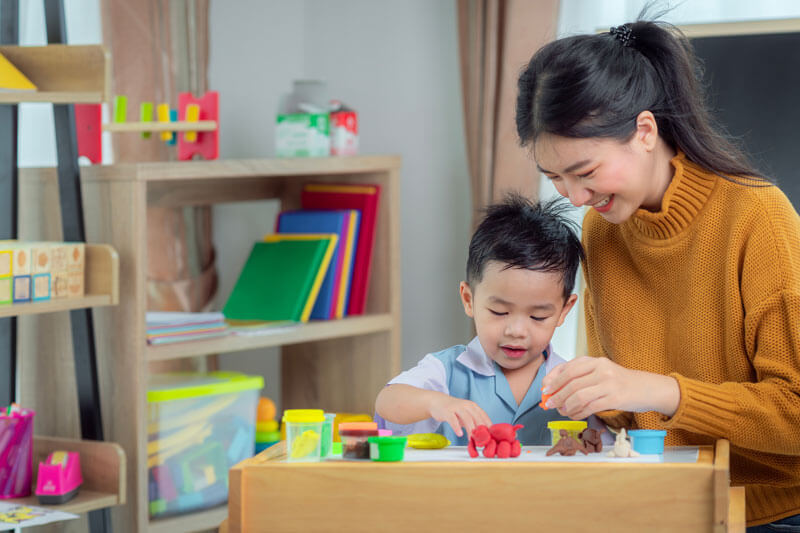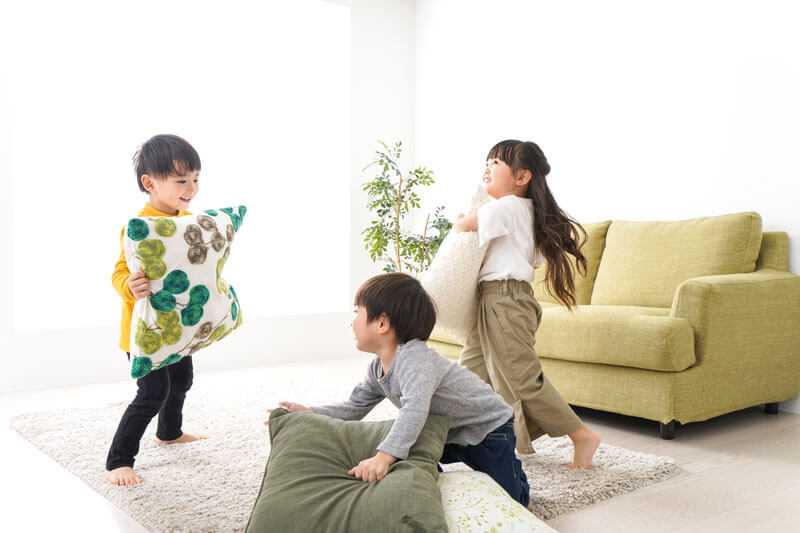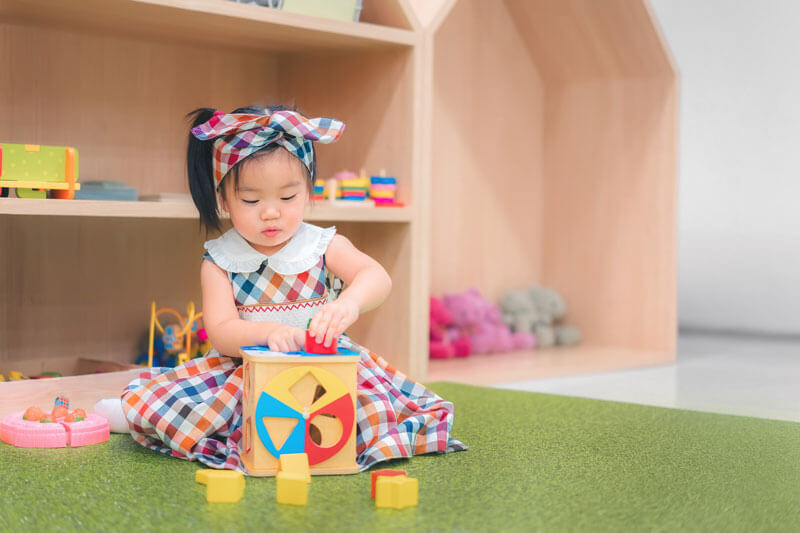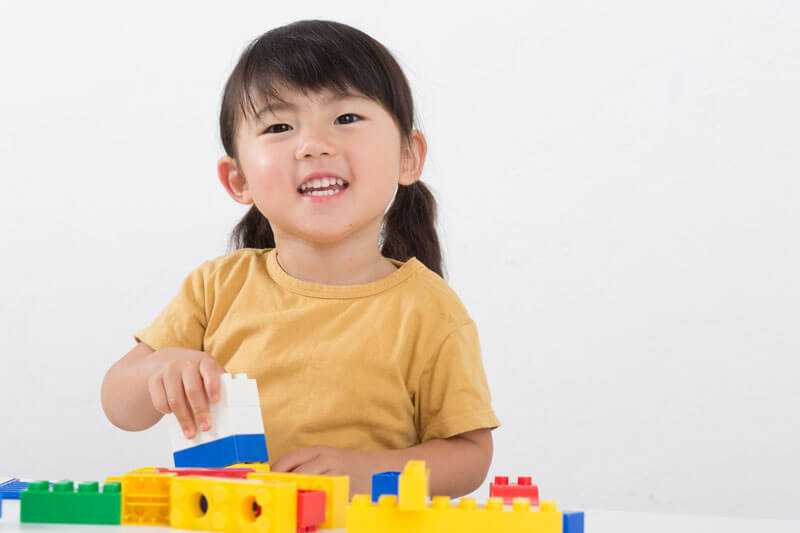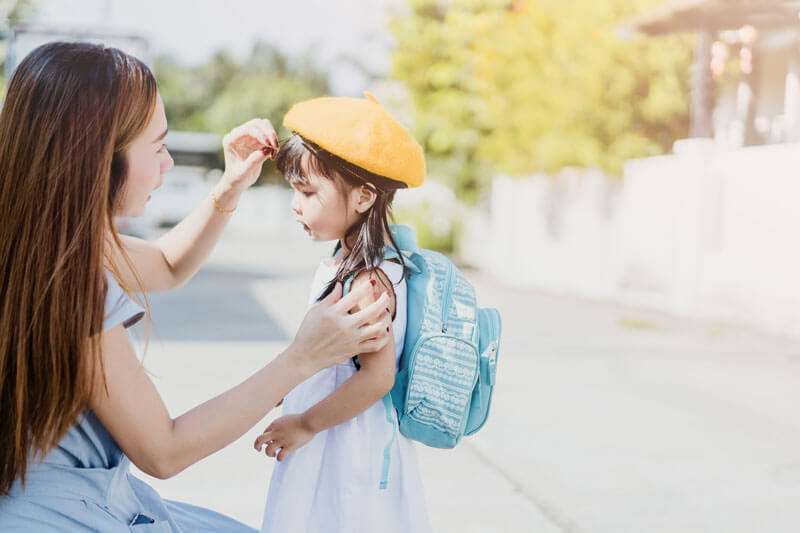At two and a half years old, your toddler is growing into a lively, imaginative, and opinionated little person. Their 30-month-old developmental milestones are all about developing a stronger sense of self.
They’re testing boundaries, refining coordination, and stringing words together faster than you can keep up.
As your toddler embarks on their 30-month-old developmental milestones, you’ll notice they’re eager to explore, experiment, and express.
Physical & Motor Milestones
Building Strength and Coordination
By now, your toddler moves with greater confidence and control. Running, climbing, and balancing come more naturally, and you might see them trying to stand on one foot or kick a ball with more precision.
Their endurance is improving too, meaning longer play sessions at the park or in the garden.
Encourage activities that promote coordination — like dancing, gentle obstacle courses, or tricycle rides — to build strength and balance.
Finer Hand Control
Your 30-month-old’s hands are growing more capable and steady. They can now stack up to eight or more blocks, twist lids, and use child-safe scissors with supervision.
Many toddlers begin to enjoy scribbling or tracing shapes, which helps refine hand-eye coordination.
Give them opportunities to explore different textures and materials, from crayons and chalk to finger paint. These help to stimulate creativity while strengthening fine motor skills.
Communication & Cognitive Development
Longer Sentences and Clearer Speech
Language takes a major leap forward this month. Most toddlers can now use simple three- to five-word sentences and are starting to tell short stories or describe familiar experiences.
You might hear them ask questions like “Where did Daddy go?” or “What’s that noise?” Grammar and pronunciation are still developing, but their intent is clearer than ever.
Continue nurturing language by reading aloud, expanding on their sentences (“Yes, that’s a big red car!”), and encouraging pretend play that involves dialogue.
Understanding the World Around Them
Your child’s ability to think, reason, and remember grows sharper at this stage.
They begin grasping cause and effect (“If I drop this, it splashes”), and can sort objects by shape, size, or colour.
Their attention span, though still short, allows for more complex play sequences, like pretending to cook or caring for a doll.
Problem-solving toys, puzzles, and interactive storytelling can help strengthen cognitive flexibility while keeping playtime engaging and fun.
Social & Emotional Development
Stronger Sense of Self
Your toddler’s personality is truly shining now — along with a healthy dose of independence.
They may insist on choosing their own clothes, feeding themselves, or saying “no” just to test your reaction. This self-assertion is normal and helps build confidence.
Consistent boundaries and predictable routines help them feel secure while learning how to navigate emotions.
Praise their efforts and offer gentle choices to give them a sense of control without chaos.
Developing Empathy and Cooperation
Socially, your toddler is learning to play more cooperatively. While sharing isn’t always easy, they’re beginning to understand the idea of taking turns and considering others’ feelings.
You might see them comfort a crying friend or offer a toy to someone else. Group play, whether with siblings or at playgroups, encourages empathy and teamwork.
Sensory & Perceptual Development
Exploring Through the Senses
Toddlers at this age still learn best through sensory play — touching, tasting, hearing, seeing, and smelling the world around them.
They may enjoy pouring water, squishing playdough, or listening to different musical instruments.
These activities not only stimulate curiosity but also strengthen neural connections tied to focus and learning. Just be ready for some mess It’s part of the fun and learning process!
Growing Spatial Awareness
At 30 months, your child’s spatial understanding becomes more advanced. They can now follow simple positional directions like “under the table” or “next to the chair.”
You may also notice them becoming more confident at navigating spaces, like climbing steps one foot at a time or fitting themselves into tight play tunnels.
When to Talk to a Paediatrician
Every child develops at their own pace, but it’s good to check in with your paediatrician if your toddler:
- isn’t speaking in short sentences
- doesn’t respond to simple instructions
- shows limited interest in playing or socialising.
- struggles with coordination, balance, or fine motor activities like stacking or feeding themselves
This is why its important to keep track of your little one’s 30-month-old developmental milestones.
You’ll know when you need to professional assessment can offer clarity and reassurance.
Early guidance can support smoother developmental progress.
Expert Tips & Daily Activities
Encourage Real-Life Learning
Let your toddler join in everyday routines. They’ll love pretending to sweep, stir, or “help” with small chores.
Not only does this build responsibility, but it also strengthens coordination and self-confidence.
You can even turn errands into learning opportunities — count apples at the grocery store, name colours on clothing, or spot shapes in signs.
These little moments reinforce early maths and language skills in natural, enjoyable ways.
Create Safe Spaces for Independence
Your 30-month-old thrives on independence, but still needs guidance and structure.
A “yes space” at home, such as a safe corner with soft toys and books, encourages free play without constant supervision. Celebrate small victories (“You did it by yourself!”) to boost their self-esteem and motivation.
On the Path to Preschool
Your child’s 30-month-old developmental milestones is a dynamic blend of energy, curiosity, and growing self-awareness.
Each day brings a new skill. Whether it’s speaking in longer sentences, jumping higher, or sharing a laugh with a friend.
Though they still need reassurance and boundaries, their growing independence is something to be proud of.
Disclaimer: The information provided in this article is for informational purposes only and should not be considered as medical advice from Motherhood. For any health-related concerns, it is advisable to consult with a qualified healthcare professional or medical practitioner.
For more insightful stories and fun recipes, stay tuned to Motherhood Story!





